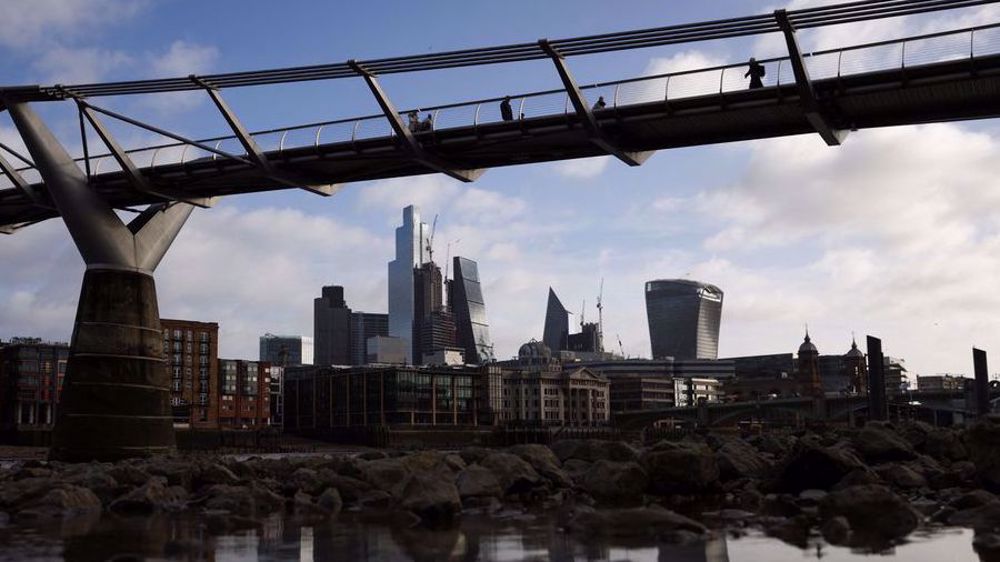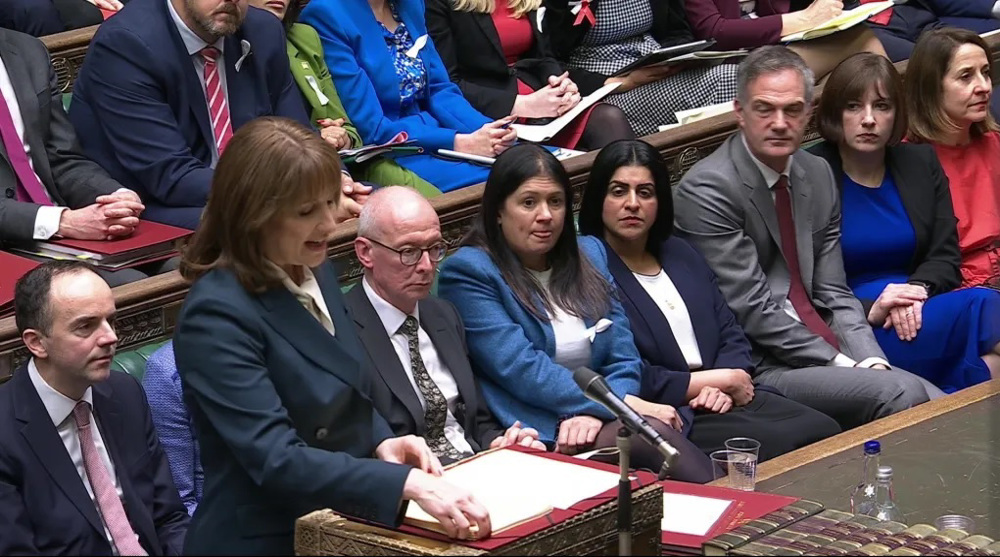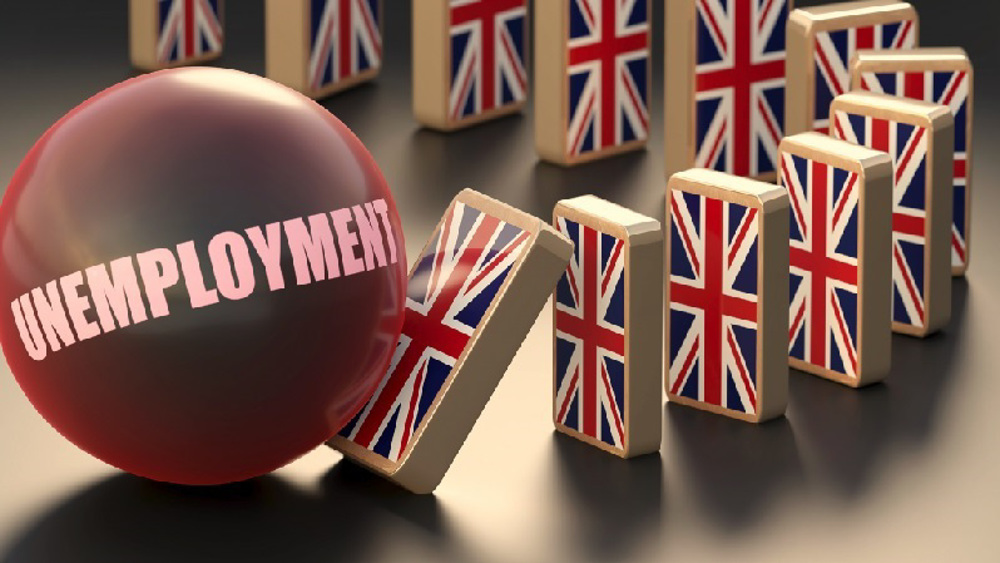UK growth stutters in February as cost-of-living squeeze looms
Britain's economy slowed more sharply than expected in February, reflecting a hit to car production from component shortages, storm disruption and reduced health spending as households braced for a tighter cost-of-living squeeze.
Monthly gross domestic product growth was just 0.1% in February compared with 0.8% in January, the Office for National Statistics said on Monday, below the 0.3% forecast by economists in a Reuters poll.
"The news that the economy was hardly growing at all in February ... increases the risk of a contraction in GDP in the coming months as the squeeze on household real incomes intensifies," Ruth Gregory, senior UK economist at Capital Economics, said.
Britain's economy in February was 1.5% larger than it was two years earlier, just before the country was hit by the COVID-19 pandemic, the ONS said.
GDP collapsed by more than 9% in 2020, its biggest annual fall since just after World War One, but rebounded sharply in 2021 and suffered only a modest hit from the Omicron variant of coronavirus in December.
However, economists have downgraded their growth forecasts for 2022 due to a surge in inflation caused by rising energy and commodity prices -- partly linked to the war in Ukraine -- as well as ongoing supply-chain difficulties since the pandemic.
Last month the government's Office for Budget Responsibility cut its forecast for growth in 2022 to 3.8% from 6.0% in its previous forecast in October, predicting that inflation would hit a 40-year high of 8.7% later this year.
The squeeze on households' disposable income from higher inflation and a payroll tax rise that took effect in April will be the biggest since records began in 1956/57, the OBR said.
Finance minister Rishi Sunak -- whose popularity has slumped after offering only limited support to help households in a fiscal statement last month -- said he welcomed the continued growth.
However, some analysts think the economy will shrink over the three months to June, reflecting reduced COVID-related health spending and an extra public holiday to mark Queen Elizabeth's Golden Jubilee, as well as reduced household disposable income.
"Given this weak near-term outlook for GDP growth, we continue to think that the (Bank of England) will stop increasing Bank Rate after raising it to 1.0% next month," Pantheon Macroeconomics's Samuel Tombs said.
Britain's dominant services sector drove monthly growth in February as the Omicron wave of coronavirus cases ebbed.
Services output, up 0.2%, was boosted by a surge in travel bookings as COVID-19 restrictions eased, although this was largely offset by a sharp fall in health spending after COVID-19 testing and vaccination halved from January's high level.
Factory output dropped by 0.4% reflecting continued falls in car production due to component shortages and declines in other areas, while milder-than-usual winter weather depressed demand for electricity, causing power generation to fall by 1.0%.
Storms and rising materials costs hurt construction, where output fell by 0.1% on the month.
(Source: Reuters)
VIDEO | Iran builds largest cable-stayed bridge in West Asia despite sanctions
VIDEO | Ankara hosts Palestinian culture day amid Gaza genocide
VIDEO | Pakistan eyes defense exports to cut reliance on Western financing
VIDEO | Lebanese army ends first phase of monopoly of arms
VIDEO | UNRWA layoffs deepen human toll of Gaza’s crisis
FM Araghchi: Attack on Iran ‘failed experience,’ US-Israel behind riots
Iran’s top security body: US, Israel orchestrating riots to drag country into insecurity
Leader: Iran will not back down against vandals seeking to please Washington











 This makes it easy to access the Press TV website
This makes it easy to access the Press TV website